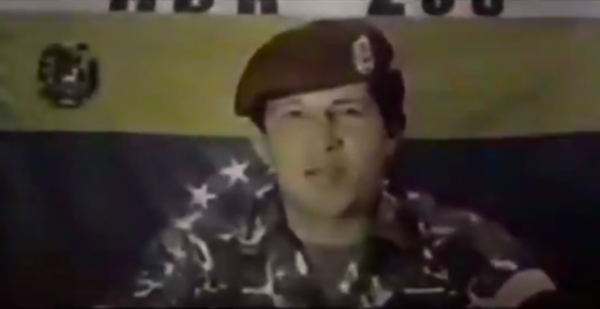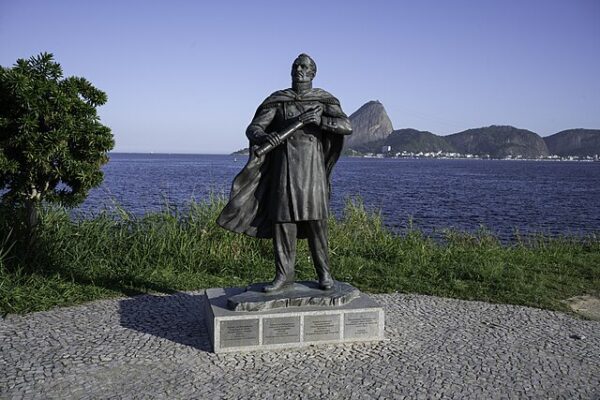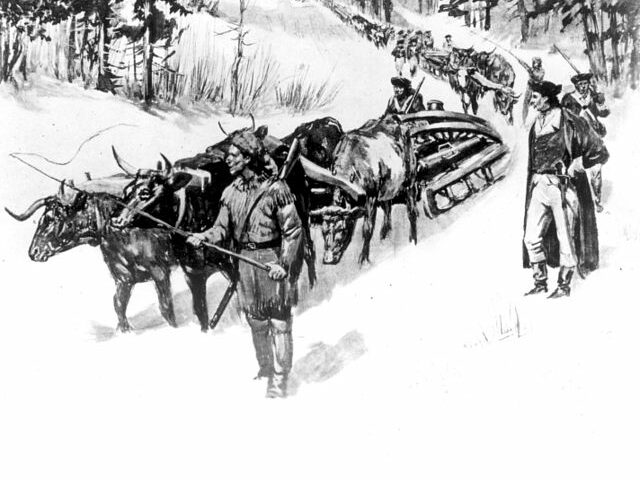On February 4, 1992, Venezuela experienced an attempted coup d’état led by Lieutenant Colonel Hugo Chávez and a faction of military officers against President Carlos Andrés Pérez. Though unsuccessful, the rebellion marked a turning point in Chávez’s political trajectory, laying the foundation for his eventual rise to power.
At the time, Venezuela was grappling with severe economic difficulties. President Pérez, in his second term, had introduced sweeping neoliberal reforms under pressure from the International Monetary Fund (IMF). These policies, which involved privatization, subsidy cuts, and austerity measures, led to inflation, unemployment, and growing unrest, particularly among the working class. Tensions boiled over in 1989 with the Caracazo, a wave of violent protests triggered by rising fuel and transportation costs. Pérez’s government responded with a brutal military crackdown, resulting in hundreds—if not thousands—of civilian deaths. In this environment of widespread discontent, Chávez and his fellow leftist military officers, united under the Bolivarian Revolutionary Movement-200 (MBR-200), plotted to overthrow the government, viewing it as corrupt and incapable of addressing the country’s worsening crisis.
In the early hours of February 4, Chávez and his allies launched their coup attempt, aiming to seize control of key military and government institutions in several major cities, including Caracas, Maracaibo, Valencia, and Maracay. Their strategy relied on swift action to neutralize government resistance. However, the coup quickly encountered significant obstacles. Rebel forces in Caracas failed to capture the presidential palace, Miraflores, as Pérez managed to evade capture. While the insurgents took control of some military barracks and state-run television stations, they struggled to coordinate their movements effectively. Meanwhile, loyalist troops, led by Defense Minister Fernando Ochoa Antich, counterattacked and suppressed the uprising. By morning, it was clear that the rebellion had failed, leaving Chávez with no choice but to surrender.
Despite the defeat, Chávez’s televised address to the nation turned him into an overnight political figure. Allowed to speak before being taken into custody, he accepted full responsibility for the coup but famously declared, “Por ahora” (“For now”), implying that his struggle was not over. Rather than being seen as a failed rebel, Chávez was perceived as a principled leader who had dared to challenge an unpopular government. His words resonated deeply with many Venezuelans, particularly those disillusioned with the country’s political system.
Chávez and his fellow conspirators were imprisoned, while Pérez, despite surviving the coup, suffered a serious political blow. Just a year later, in 1993, he was impeached and removed from office on corruption charges. Meanwhile, Chávez’s influence only grew behind bars, as he became a symbol of resistance. In 1994, newly elected President Rafael Caldera granted him a pardon. Rather than attempting another military uprising, Chávez decided to pursue change through democratic means.
Over the next few years, Chávez built a political movement that tapped into Venezuela’s persistent economic struggles and widespread dissatisfaction with the traditional political establishment. In 1998, he ran for president on a populist platform, vowing to eradicate corruption and empower the poor. His message struck a chord with the electorate, leading to a decisive victory and the beginning of Venezuela’s “Bolivarian Revolution.”
Although the 1992 coup failed in its immediate objective, it succeeded in launching Chávez onto the national stage. His brief but impactful speech, along with the growing dissatisfaction with Venezuela’s leadership, set the stage for his eventual rise to power, changing the country forever.






